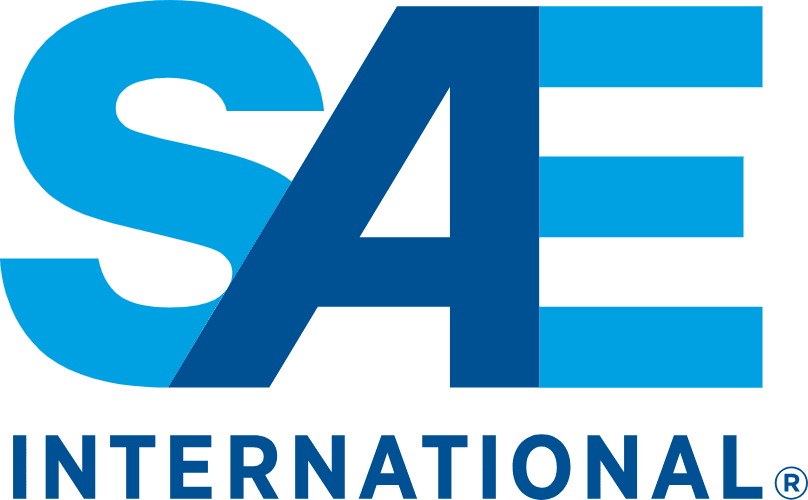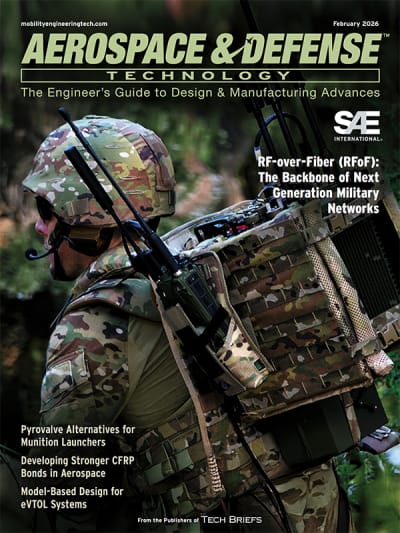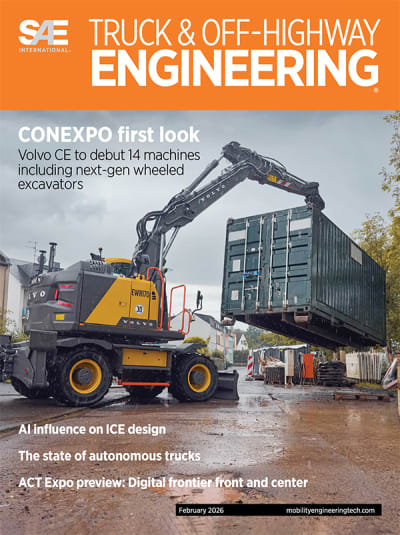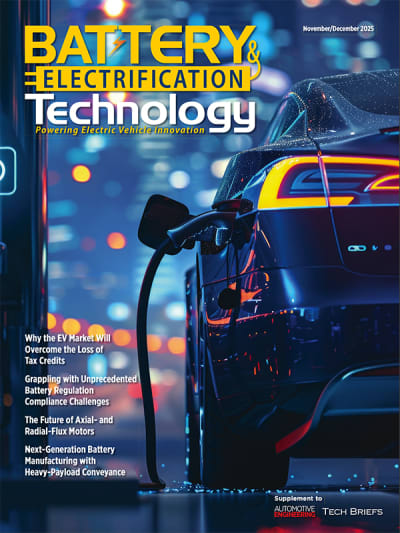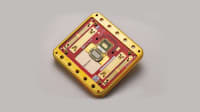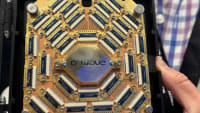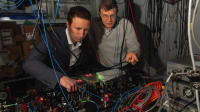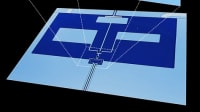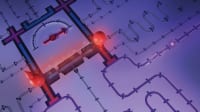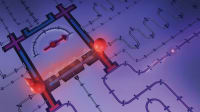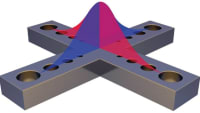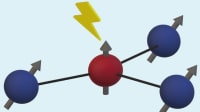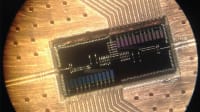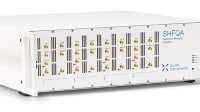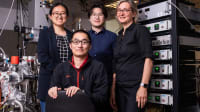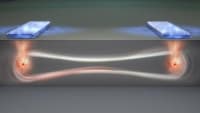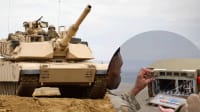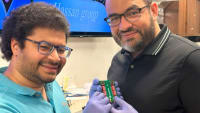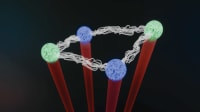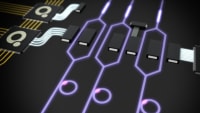15 Companies to Build Quantum Computer Prototypes for DARPA's QBI Program

Nearly 20 quantum computing companies have been chosen to enter the initial stage of DARPA's Quantum Benchmarking Initiative (QBI), in which they will characterize their unique concepts for creating a useful, fault-tolerant quantum computer within a decade.
QBI, which kicked off in July 2024, aims to determine whether it's possible to build such a computer much faster than conventional predictions. Specifically, QBI is designed to rigorously verify and validate whether any quantum computing approach can achieve utility-scale operation — meaning its computational value exceeds its cost — by the year 2033.
The selection by DARPA marks the agency's latest progress in collaborating with industry to develop utility scale quantum computers in the near future. In February, Microsoft and PsiQuantum were selected to move into the final design stage of their Underexplored Systems for Utility-Scale Quantum Computing (US2QC) program
"We selected these companies for Stage A following a review of their written abstracts and daylong oral presentations before a team of U.S. quantum experts to determine whether their proposed concepts might be able to reach industrial utility," said Joe Altepeter, DARPA QBI program manager. "For the chosen companies, now the real work begins. Stage A is a six-month sprint in which they’ll provide comprehensive technical details of their concepts to show that they hold water and could plausibly lead to a transformative, fault-tolerant quantum computer in under 10 years."
The following companies are pursuing a variety of technologies for creating quantum bits (qubits) — the building block for quantum computers — including superconducting qubits, trapped ion qubits, neutral atom qubits, photonic qubits, semiconductor spin qubits, and other novel approaches listed below:
- Alice & Bob — Cambridge, Massachusetts, and Paris, France (superconducting cat qubits)
- Atlantic Quantum — Cambridge, Massachusetts (fluxonium qubits with co-located cryogenic controls)
- Atom Computing — Boulder, Colorado (scalable arrays of neutral atoms)
- Diraq — Sydney, Australia, with operations in Palo Alto, California, and Boston, Massachusetts (silicon CMOS spin qubits)
- Hewlett Packard Enterprise — Houston, Texas (superconducting qubits with advanced fabrication)
- IBM — Yorktown Heights, NY (quantum computing with modular superconducting processors)
- IonQ — College Park, Maryland (trapped-ion quantum computing)
- Nord Quantique — Sherbrooke, Quebec, Canada (superconducting qubits with bosonic error correction)
- Oxford Ionics — Oxford, UK and Boulder, Colorado (trapped-ions)
- Photonic Inc. — Vancouver, British Columbia, Canada (optically-linked silicon spin qubits)
- Quantinuum — Broomfield, Colorado (trapped-ion quantum charged coupled device (QCCD) architecture)
- Quantum Motion — London, UK (MOS-based silicon spin qubits)
- Rigetti Computing — Berkeley, California (superconducting tunable transmon qubits)
- Silicon Quantum Computing Pty. Ltd. — Sydney, Australia (precision atom qubits in silicon)
- Xanadu — Toronto, Canada (photonic quantum computing)
Companies that successfully complete Stage A will move to a yearlong Stage B, during which DARPA will rigorously examine their research and development approach, followed by a final Stage C where the QBI independent verification and validation (IV&V) team will test the companies' computer hardware.
"During Stage B we'll thoroughly review all aspects of their R&D plans to see if they can go the distance — not just meet next year's milestones — and stand the test of trying to build a transformative technology on this kind of a timeline," Altepeter explained. "Those who make it through Stages A and B will enter the final portion of the program, Stage C, where a full-size IV&V team will conduct real-time, rigorous evaluation of the components, subsystems, and algorithms – everything that goes into building a fault-tolerant quantum computer for real. And we’ll do all these evaluations without slowing the companies down."
QBI is not a competition between companies; rather, it aims to scan the landscape of commercial quantum computing efforts to spot every company on a plausible path to a useful quantum computer.
"We've built and are expanding our world-class IV&V team of U.S. quantum experts, leveraging federal and state test facilities to separate hype from reality in quantum computing," Altepeter said. "Our team is eager to scrutinize the commercial concepts, designs, R&D plans, and prototype hardware — all with the goal of helping the U.S. government identify and support efforts that are genuinely advancing toward transformative, fault-tolerant quantum computing."
Top Stories
INSIDERAerospace
![]() How Airbus is Using w-DED to 3D Print Larger Titanium Airplane Parts
How Airbus is Using w-DED to 3D Print Larger Titanium Airplane Parts
NewsUnmanned Systems
![]() Microvision Aquires Luminar, Plans Relationship Restoration, Multi-industry Push
Microvision Aquires Luminar, Plans Relationship Restoration, Multi-industry Push
INSIDERRF & Microwave Electronics
![]() A Next Generation Helmet System for Navy Pilots
A Next Generation Helmet System for Navy Pilots
ArticlesUnmanned Systems
![]() Accelerating Down the Road to Autonomy
Accelerating Down the Road to Autonomy
INSIDERDesign
![]() New Raytheon and Lockheed Martin Agreements Expand Missile Defense Production
New Raytheon and Lockheed Martin Agreements Expand Missile Defense Production
ArticlesUnmanned Systems
![]() CES 2026: Bosch is Ready to Bring AI to Your (Likely ICE-powered) Vehicle
CES 2026: Bosch is Ready to Bring AI to Your (Likely ICE-powered) Vehicle
Webcasts
Automotive
![]() Advantages of Smart Power Distribution Unit Design for Automotive...
Advantages of Smart Power Distribution Unit Design for Automotive...
Transportation
![]() Quiet, Please: NVH Improvement Opportunities in the Early Design...
Quiet, Please: NVH Improvement Opportunities in the Early Design...
Electronics & Computers
![]() Cooling a New Generation of Aerospace and Defense Embedded...
Cooling a New Generation of Aerospace and Defense Embedded...
Automotive
![]() Battery Abuse Testing: Pushing to Failure
Battery Abuse Testing: Pushing to Failure
Connectivity
![]() A FREE Two-Day Event Dedicated to Connected Mobility
A FREE Two-Day Event Dedicated to Connected Mobility
